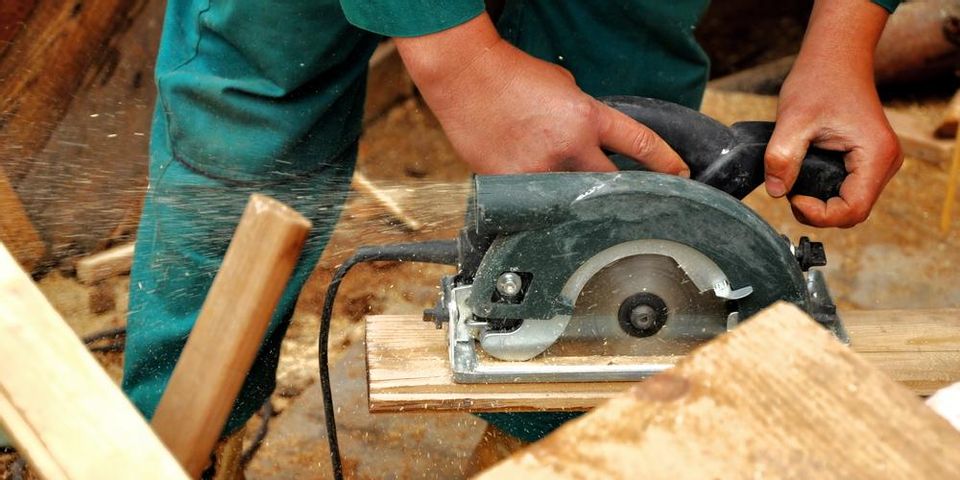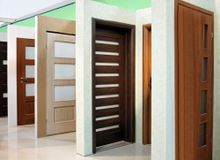
For those outside the industry, there is a lot of myth surrounding millwork, and woodworking in general. While these trades result in quality, long-lasting windows and doors, they also require significant time and energy. If you’re curious about industry-related myths, the experts at Cincinnati, OH’s Huber Lumber are here to debunk them. Offering everything from DIY building supplies to custom kitchen design, these experts know their stuff. Here’s their myth-busting guide on millwork.
3 Millwork Myths Debunked
1. Millwork & Woodwork Are the Same
This is one of the most common — and most untrue — rumors surrounding the industry. While the two are related, woodworking refers to anything made out of wood, crafted closely by hand. While millwork might feature hand-crafted aspects, the term refers to factory-produced building materials, producing pre-finished, decorative windows and doors. While woodwork offers a more personal touch, both provide gorgeous structures for properties of every type.
2. The Scent of Sawdust Is Everywhere
 Those outside the industry often picture shops and factories covered in sawdust, and they mention the scent as well. Whether produced in a factory or made on a bench, any wood will produce sawdust, but it doesn’t always have the same scent. Walnut, for instance, smells more nutty, while others are more fresh, like pine. While sawdust is indeed prevalent, it isn’t all the same, and shops vary widely in the scent they produce.
Those outside the industry often picture shops and factories covered in sawdust, and they mention the scent as well. Whether produced in a factory or made on a bench, any wood will produce sawdust, but it doesn’t always have the same scent. Walnut, for instance, smells more nutty, while others are more fresh, like pine. While sawdust is indeed prevalent, it isn’t all the same, and shops vary widely in the scent they produce.
3. Descriptions of Wood Make No Difference
If you have a vision in mind for your kitchen design, how you describe your desired wood type makes a difference. Cedar and maple have vastly different textures, for instance, so make sure you can describe those correctly. While color, style, and shape all make a difference, texture is one of the millwork industry’s most critical components, so know the difference.
It’s important to understand the difference between the two primary categories — hard and soft wood. Trees formed of hard wood have massive trunks that grow slowly over time. Their strength and durability provide the ideal choice for fine furniture. Soft wood, on the other hand, grows incredibly fast, coming from trees covered in branches. The quick growth makes them ideal for exterior construction.
Whether you need assistance selecting the latest building supplies or are craving a state-of-the-art kitchen design, let Huber Lumber help. With customer assistance a priority, they’ll find everything you need for your next project and provide custom millwork to bring your dream to life. Visit the experts online for more information, or call (513) 731-4035 today.
About the Business
Have a question? Ask the experts!
Send your question

